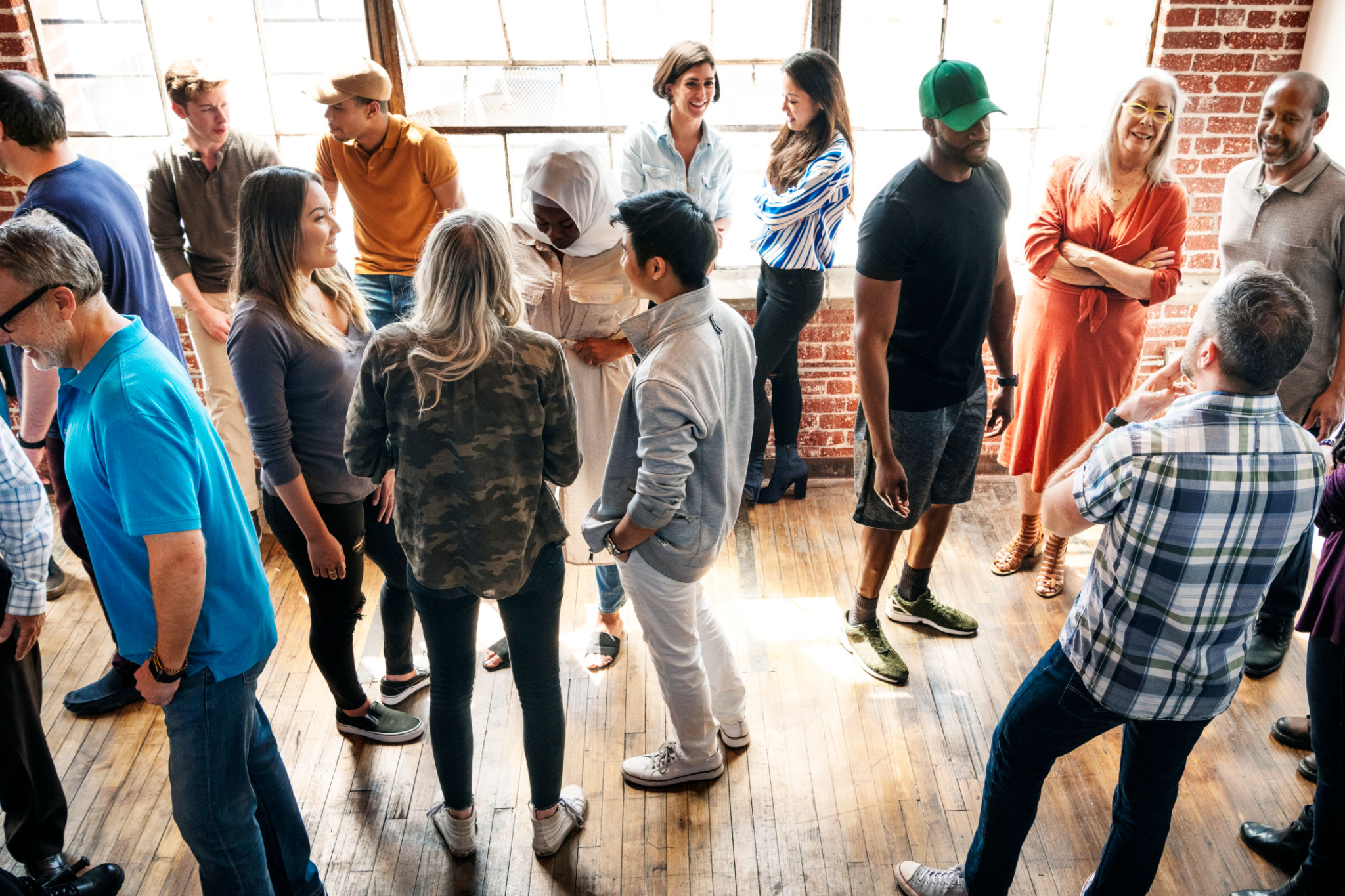How to Support Emerging Afrohouse Talent from Greater London
Understanding Afrohouse and Its Roots
Afrohouse, a vibrant and evolving genre, combines traditional African rhythms with house music, creating a unique sound that resonates worldwide. Originating in South Africa, this genre has gained significant traction in Greater London, where a diverse community of artists continues to innovate and inspire.
Supporting emerging Afrohouse talent from Greater London not only enriches the local music scene but also helps preserve and promote African cultural heritage. Engaging with this genre can lead to a deeper appreciation of the musical influences that shape today's global soundscape.

Attend Local Afrohouse Events
One of the most effective ways to support emerging Afrohouse artists is by attending their live performances. Greater London hosts numerous events and festivals that showcase local talent, providing a platform for artists to share their music with a wider audience.
Keep an eye on local event calendars and social media platforms for updates on Afrohouse nights, which often feature a mix of DJs and live performances. By attending these events, you not only enjoy great music but also contribute to the local music economy.
Engage with Artists on Social Media
Social media platforms offer a direct line of communication between artists and their audience. Following, sharing, and engaging with Afrohouse artists on platforms like Instagram, Twitter, or Facebook can significantly boost their visibility and reach.
Consider sharing their music, commenting on their posts, or even creating playlists that highlight their tracks. This grassroots support can help emerging artists break into larger markets and gain new fans globally.

Purchase Music and Merchandise
Another impactful way to support Afrohouse talent is by purchasing their music and merchandise. Platforms like Bandcamp and iTunes allow you to buy tracks directly from the artists, ensuring they receive fair compensation for their work.
Merchandise such as T-shirts, posters, or vinyl records not only provides financial support but also acts as a promotional tool when worn or displayed. This direct support empowers artists to continue creating and performing.
Collaborate with Local Venues and Promoters
If you're in a position to influence venue bookings or promotional efforts, consider highlighting Afrohouse talent in your programming. Collaborating with local venues and promoters to organize Afrohouse nights or festivals can create more opportunities for emerging artists to perform.
Building partnerships within the local music community fosters a supportive ecosystem that encourages artistic growth and cultural exchange.

Educate and Advocate for Afrohouse
Educating others about Afrohouse's cultural significance and musical innovations can increase appreciation and demand for this genre. Hosting workshops, panel discussions, or educational events can raise awareness and create a deeper understanding of Afrohouse's impact.
Advocating for Afrohouse within music circles and beyond helps challenge stereotypes and broadens the scope of what's considered mainstream music. This advocacy can lead to more inclusive programming in radio shows and music festivals worldwide.
Create Platforms for Emerging Talent
Consider creating or supporting platforms that spotlight emerging Afrohouse talent. This could be through podcasts, online radio shows, or blogs dedicated to exploring the latest in Afrohouse music from Greater London.
Providing space for artists to share their stories and music not only elevates their profiles but also enriches the cultural tapestry of the local music scene.
Conclusion: Making a Lasting Impact
Supporting emerging Afrohouse talent from Greater London involves a multifaceted approach that includes attending events, engaging on social media, purchasing music, and advocating for the genre. By taking these actions, you contribute to a thriving artistic community that celebrates diversity and creativity.
Your involvement not only supports individual artists but also aids in preserving the rich cultural heritage embedded within Afrohouse music, ensuring its continued evolution for future generations.
